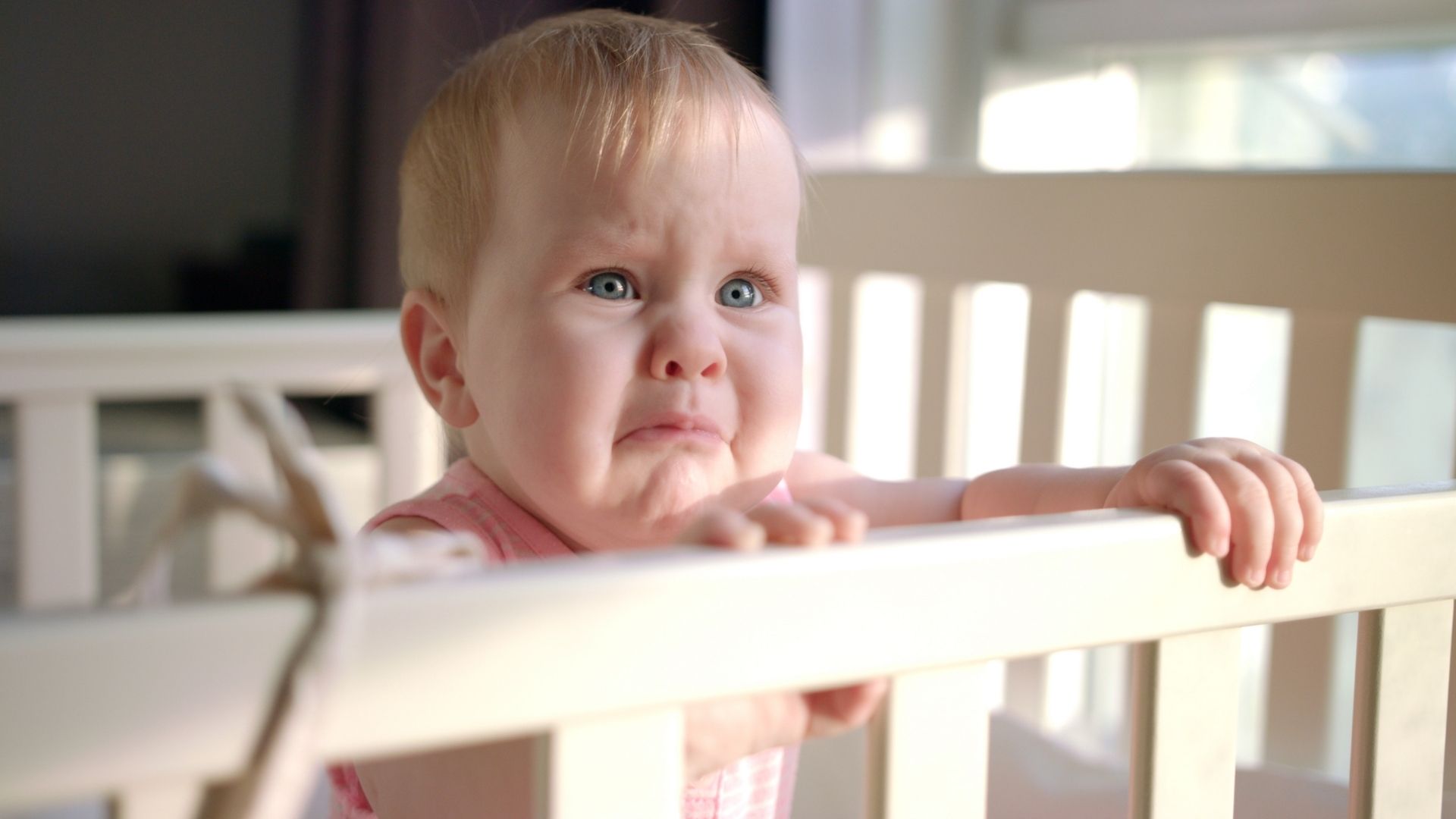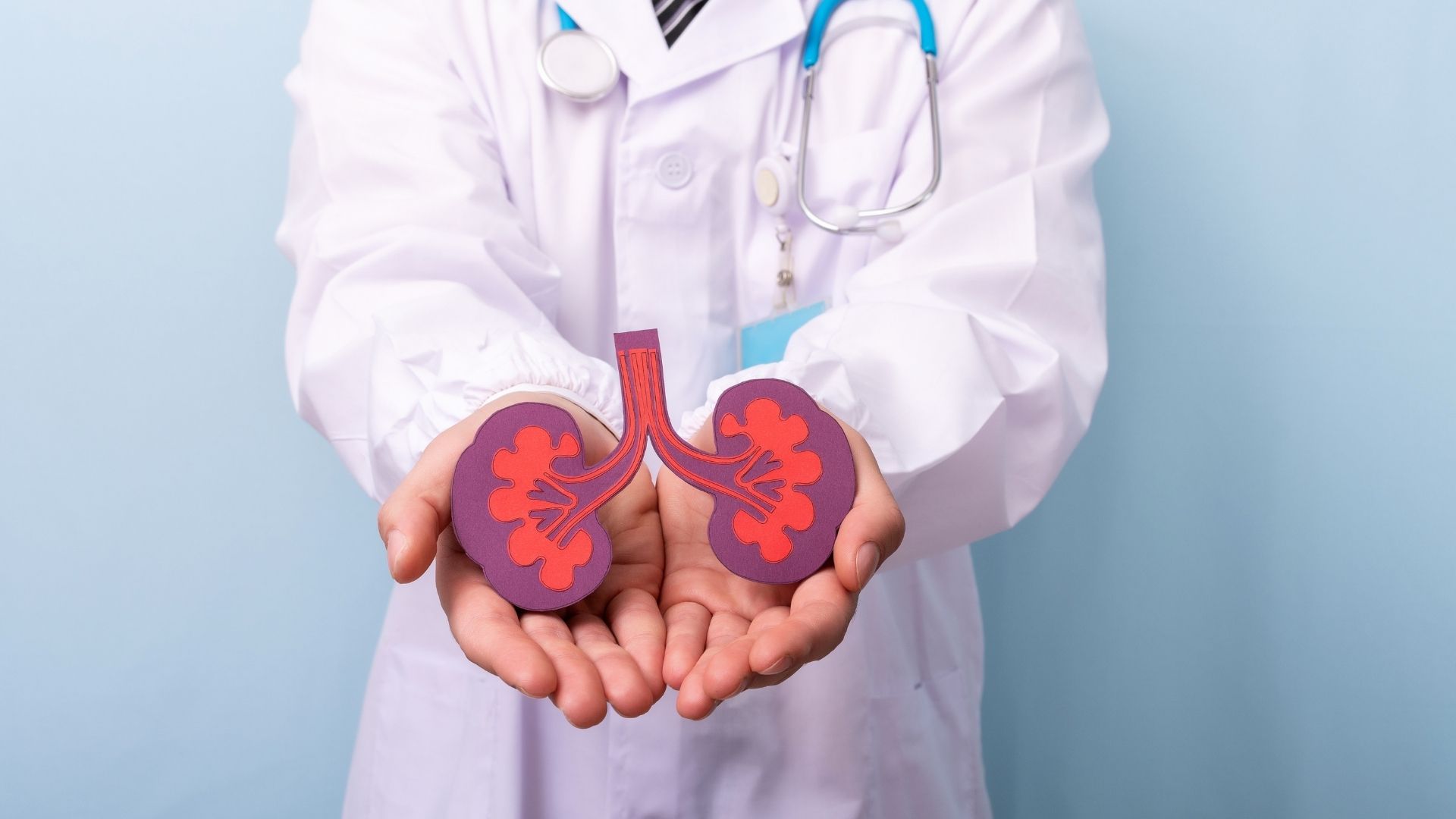Children can easily cry or become frightened of many things, even if they tolerate them, when they are near someone they don’t know. Even separation from mom, a loud noise or going into the water can cause them to cry in fear.
There are several reasons behind this. In early childhood, children recognize their mothers, their voices and smells, and feel safe when they are with their mothers. Therefore, even the smallest separation or distance can make a child restless. Even if the father comes in later, he cannot fully compensate for the absence of the mother in the early stages.
Each child experiences fears at different times. The reaction to the separation of an important person usually becomes apparent after 6 months. For a child, the disappearance of his or her companions may make him or her think that they have disappeared.
Depending on the strength of the bond between mother and child, the reaction to separation may increase. Towards the end of the second year, the intensity of this reaction decreases. Normal separation anxiety reaches its peak around 18 months. Around the age of 3, the child’s cognitive understanding of separation is developed and the idea that this situation is temporary is adopted.
Separation anxiety may occur earlier and more intensely when the mother-child relationship is different. In situations where contact with strangers is limited, the mother provides sole care and the child grows up in an anxious atmosphere, the child may have more difficulty tolerating the absence of the mother.
When the child feels lonely or unsafe, he/she may become restless and any stimuli or disturbing situations (crowds, noise, etc.) may be perceived as frightening.
Separation anxiety is considered pathological (abnormal) when the child reacts more than expected to the person they are separated from (usually the mother).
How should parents behave in such situations? It is important to inform the child at the time of separation. The mother should reassure the child by explaining that she is leaving and will return, even if the child cries. In the first stage, the child should be accustomed to short separations, getting used to the mother leaving and returning.
It is important that the child is with a familiar adult in the child’s own home. The mother should be ready for separation before the child. If the mother can easily leave the child, the child can accept the separation more easily.
If this periodic separation anxiety still persists towards the end of the child’s 2nd birthday and the child experiences extreme fears, specialist help may be needed.



